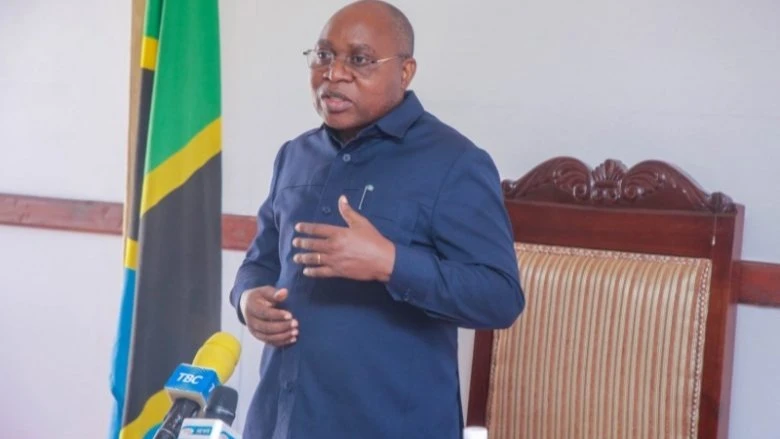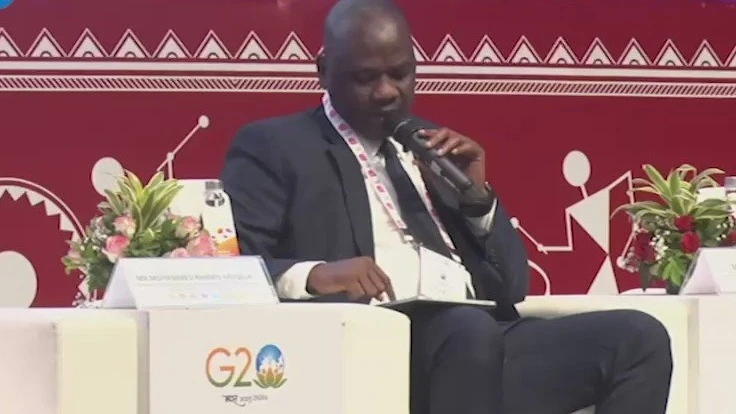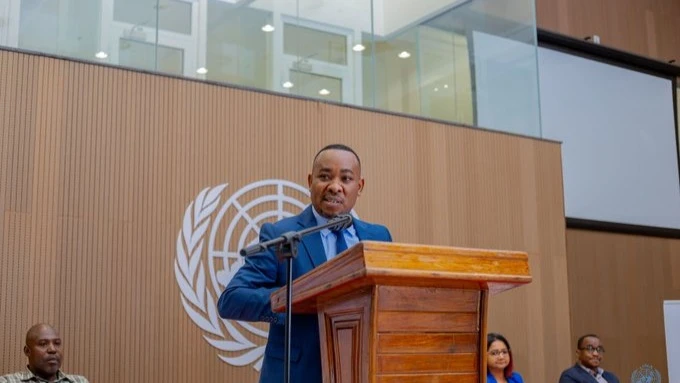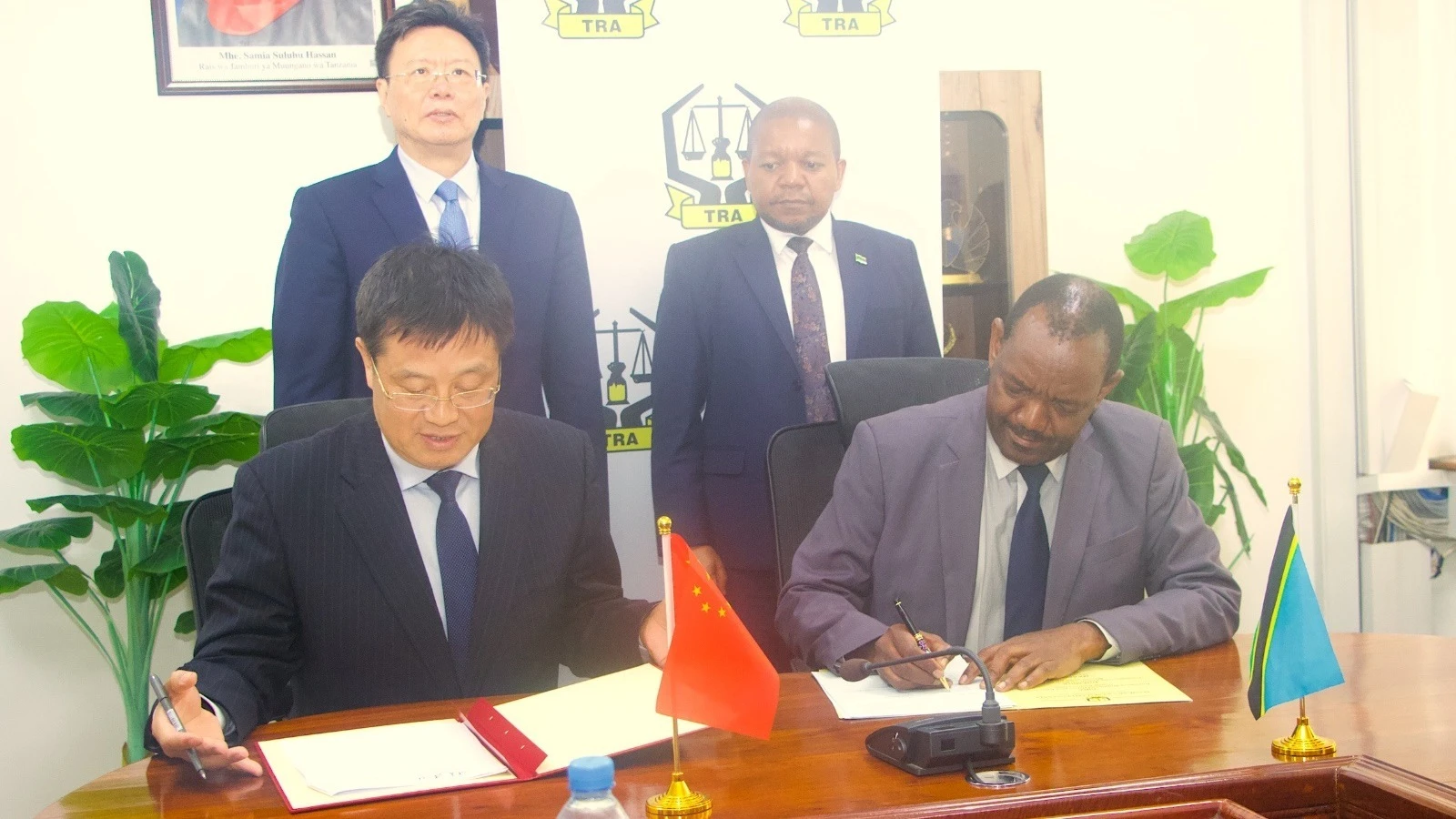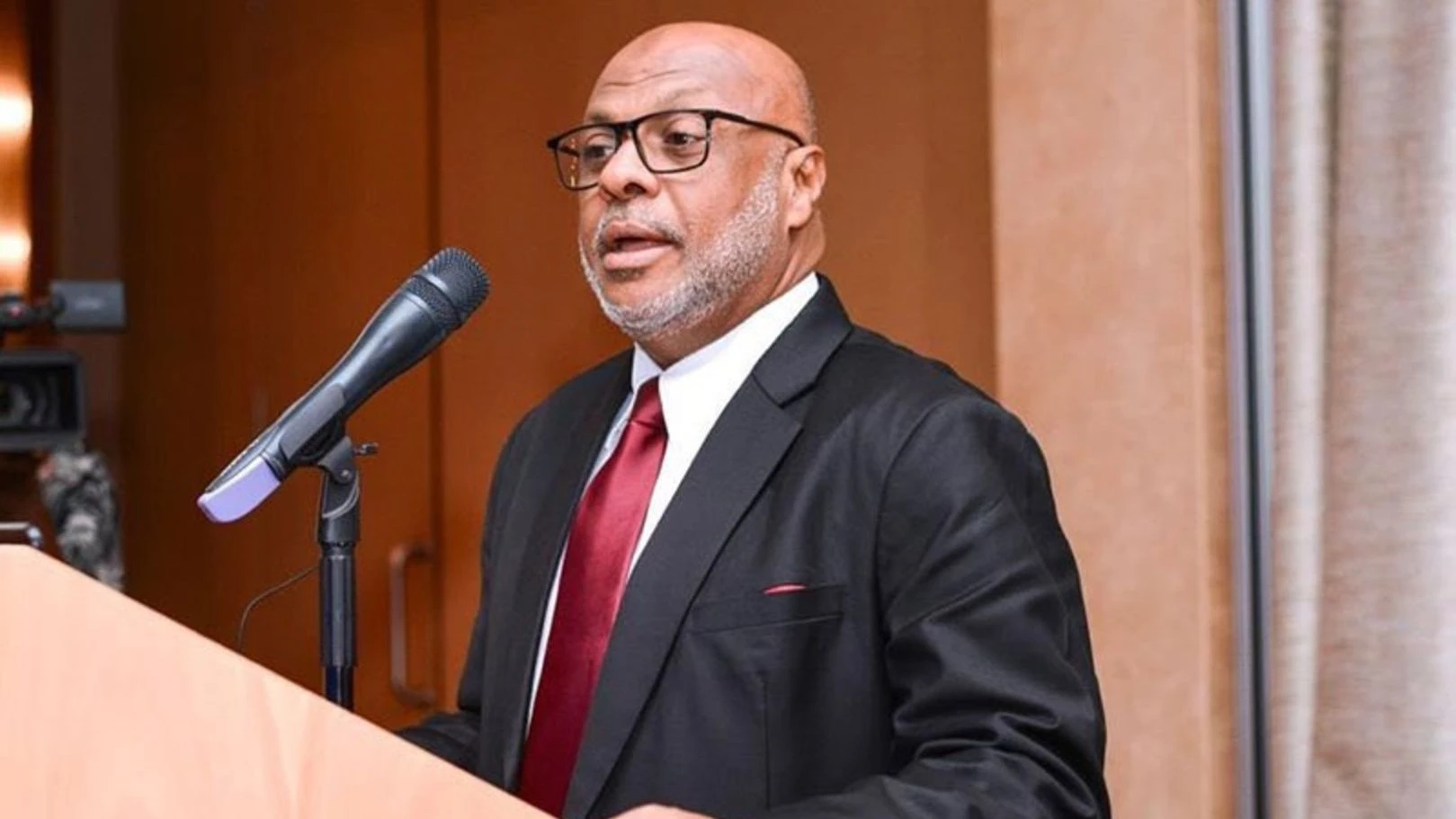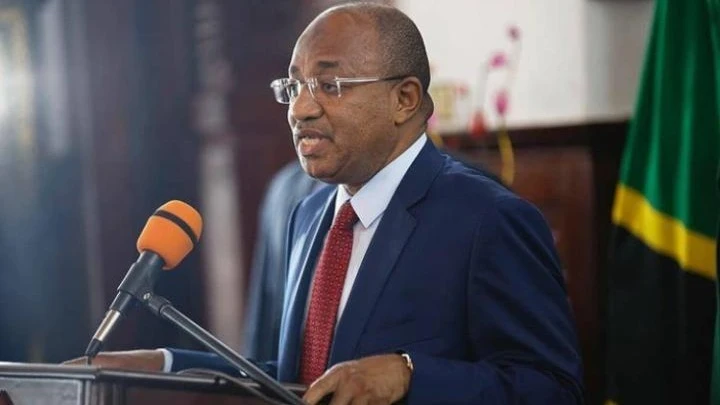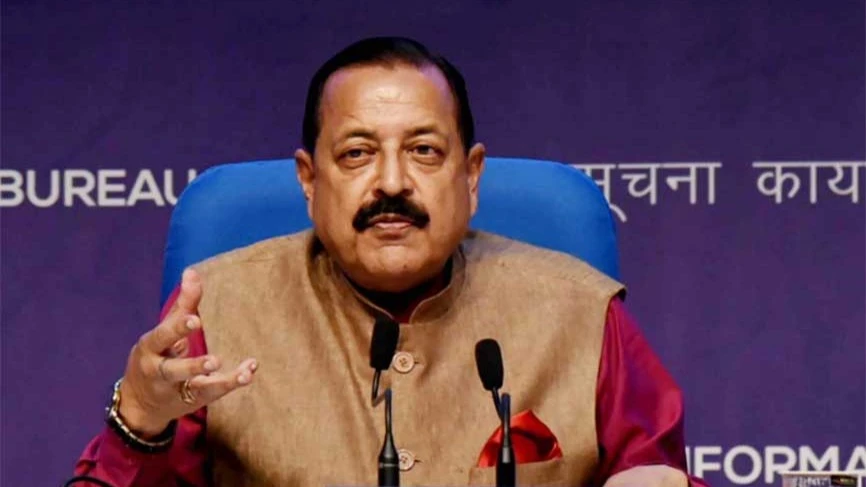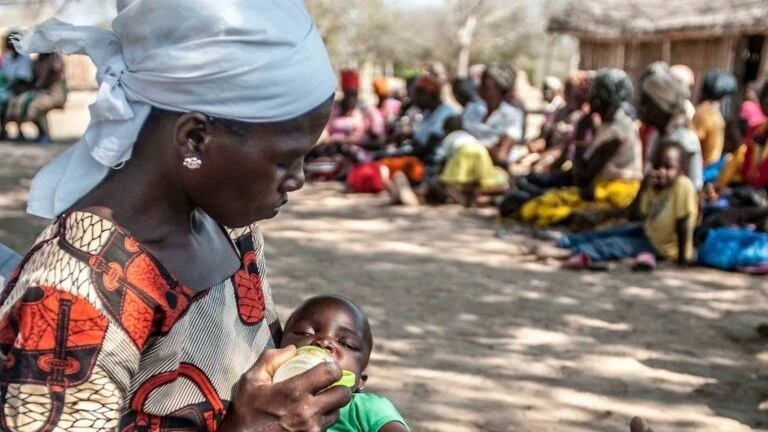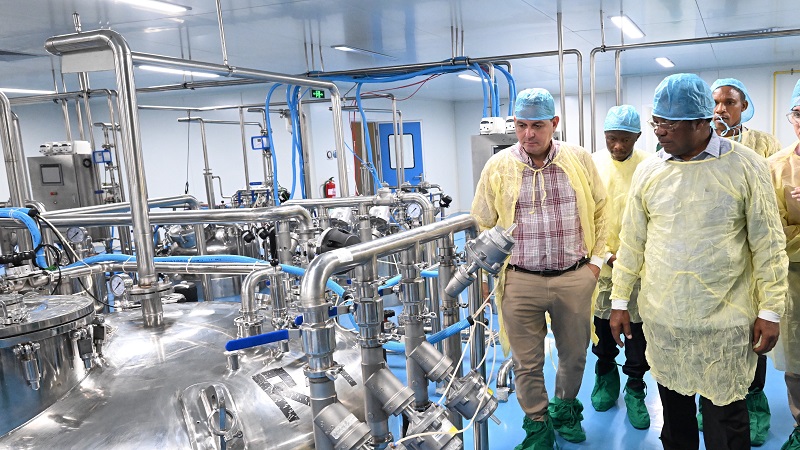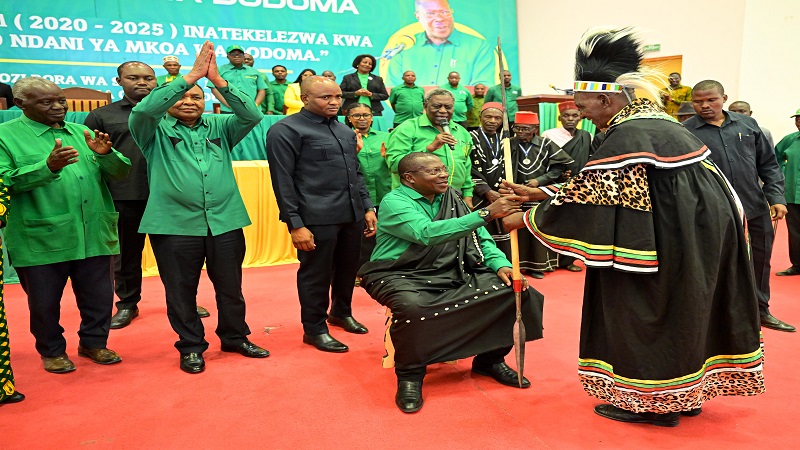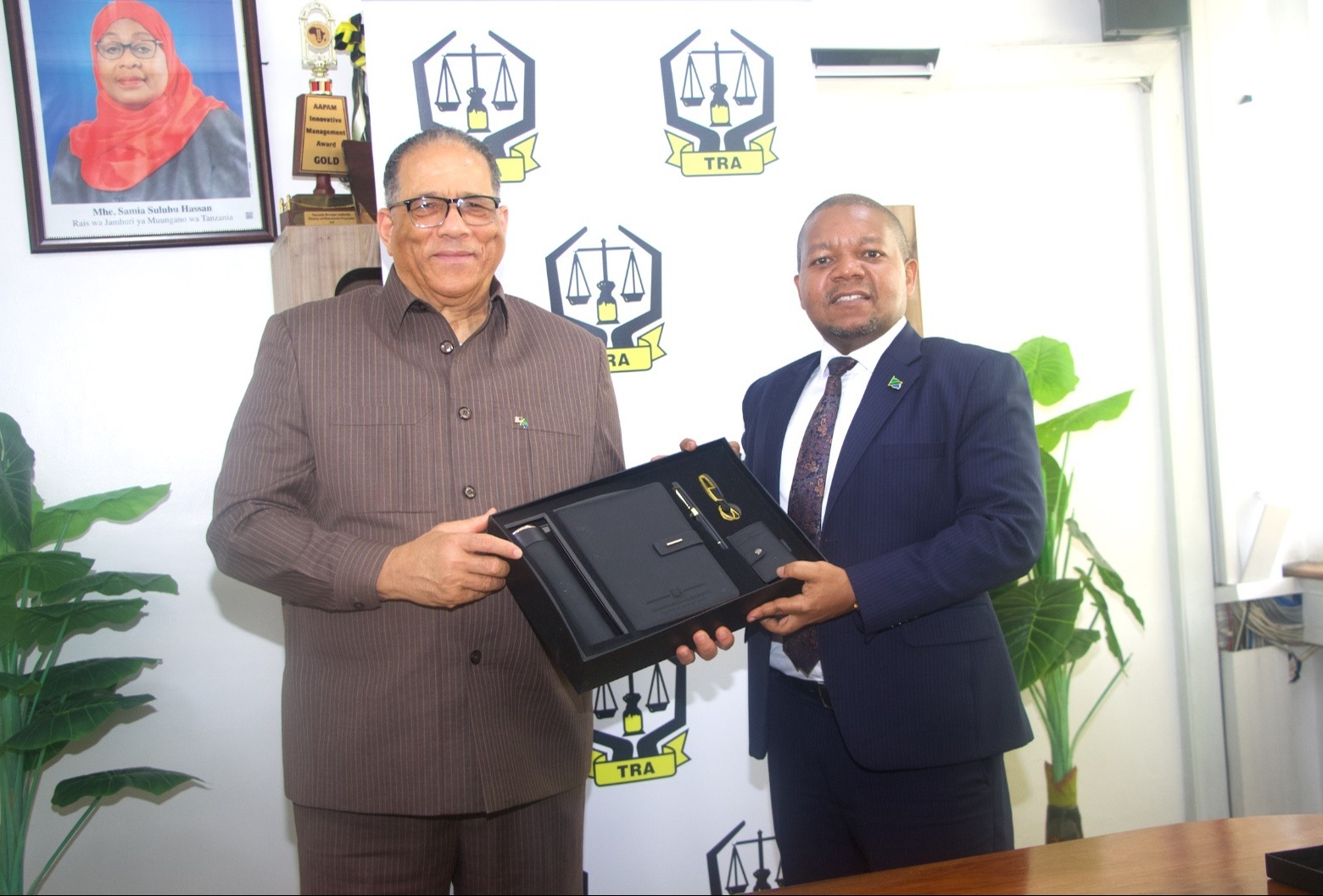Africa to provide 9pc of global supply of rare earth
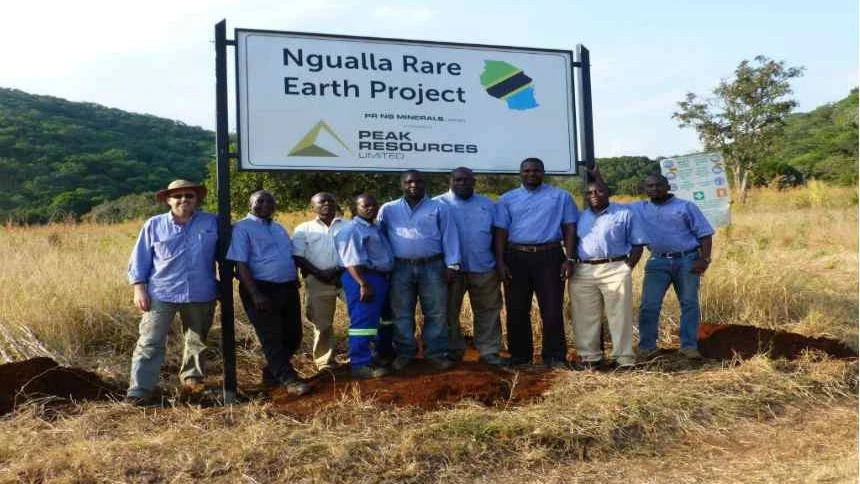
China's control of the rare earth market has raised concerns in the West, prompting a search for alternative suppliers.
According to recent forecasts by Benchmark Mineral Intelligence, Africa could be this alternative in the coming years.
Currently a minor player in the rare earth market, Africa could provide 9 percent of the world’s supply by 2029.
According to Benchmark Mineral Intelligence who made the forecast, eight new mines may be developed in Tanzania, Angola, Malawi, and South Africa.
In Tanzania, Peak Rare Earths is progressing on its Ngualla project, expected to deliver 16,200 tons of concentrate annually over a 24-year lifespan.
The Ngualla Project is a world-class rare earth development located near the Ngwala Village and approximately 150km from the City of Mbeya in the Songwe Region and on the edge of the East African Rift Valley.
Ngualla is also host to widespread, high grade niobium-tantalum, phosphate, fluorspar and barite mineralisation.
These additional commodities are at an early stage of evaluation and represent potential upside opportunities for additional products from the project.
Tanzania is politically stable and has a well-established mining culture, being the fourth largest gold producer in Africa.
Existing transport infrastructure together with a low tonnage, high value product will enable cost effective transport from Ngualla to the deep water port in Dar es Salaam.
In June this year, Peak Rare Earths Limited announced the approval of its binding Offtake Agreement with Shenghe Resources (Singapore) Pte Ltd by the Tanzanian Mining Commission.
This follows the approval of the Offtake Agreement by Peak shareholders at a General Meeting on 17 June 2024 as all conditions precedent within the Offtake Agreement have now been either satisfied or waived.
“This marks yet another major de-risking milestone and further strengthens Ngualla’s position as one of the world’s most attractive and advanced rare earth projects. Our Offtake Agreement with Shenghe delivers a higher level of payability and is supporting our rapidly advancing debt financing process,“ says Bardin Davis, the CEO of Peak.
In 2017, Burundi's Gakara mine, operated by Rainbow Rare Earths, became the first African rare earth project. However, operations have been suspended since 2021.
Currently, the company is in talks with the government to restart the mine, while also developing a new project in South Africa. The latter project, Phalaborwa, is set to launch in 2026.
While Gakara is Africa’s only active rare earth mine, new projects are being developed across the continent.
In Malawi, Australian firm Lindian aims to start production at Kangankunde in 2025. In Uganda, Ionic Rare Earths expects its Makuutu mine to begin production in 2026.
Makuutu, according to the latest estimates, hosts 126,000 tons of neodymium and praseodymium.
In Angola, Pensana updated output forecasts for its Longonjo mine in October 2023.
The firm believes the project could deliver 38,000 tons per year of mixed rare earth sulfate. Meanwhile, Ecofin Pro, our platform dedicated to professionals, announces upcoming projects in Mozambique and Namibia (respectively the Monte Muambe and Lofdal projects).
Rare earths regroup 17 metals, some in high demand in industries like automotive, defense, wind energy, and electronics.
China currently dominates the global market, supplying over 70 percent of the world's rare earths, a position that has raised concerns among Western nations.
Top Headlines
© 2024 IPPMEDIA.COM. ALL RIGHTS RESERVED












